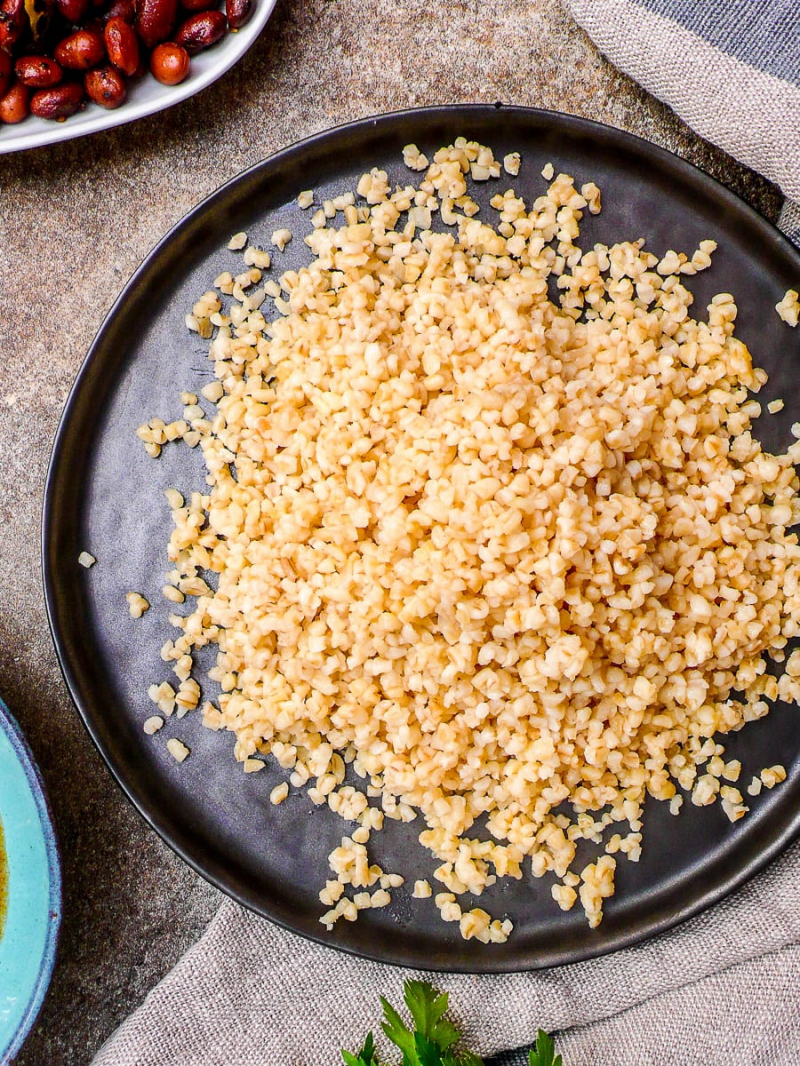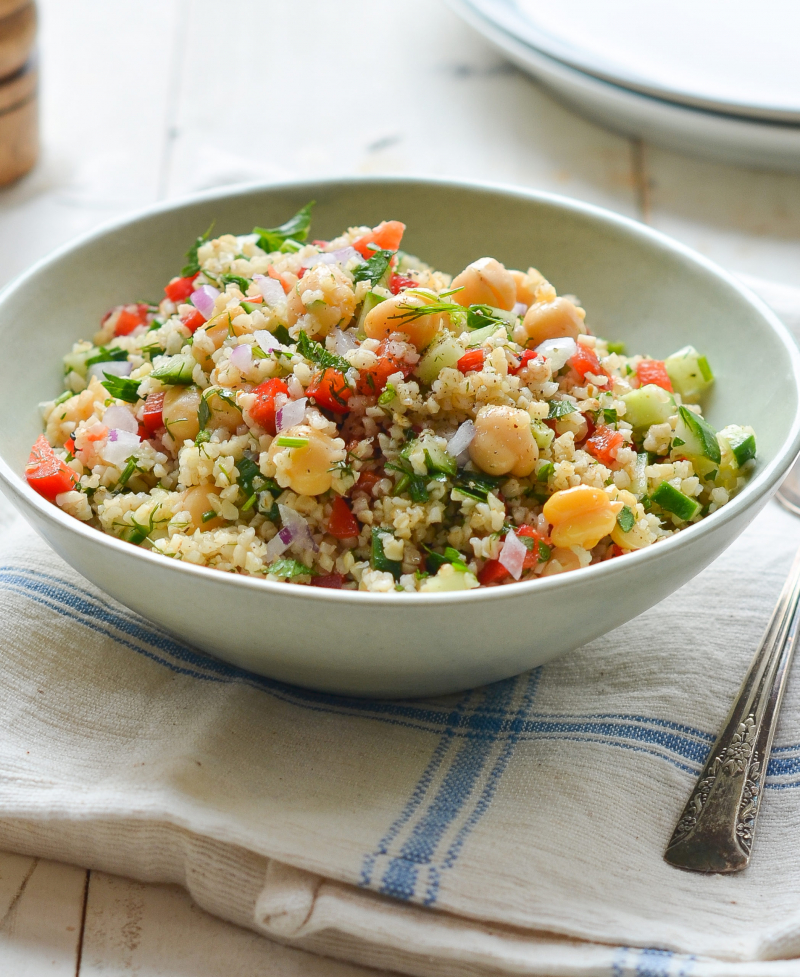High in nutrients
Bulgur is not only tasty and easy to cook, but it is also high in nutrients. It's a whole grain, which means you consume the complete wheat kernel, including the germ, endosperm, and bran. Whole grains provide all of the nutrients that the plant has to give. Refined wheat products, on the other hand, have a decreased nutritional value since the nutrient-rich germ and bran are removed, leaving just the carb-heavy endosperm. Bulgur is high in protein and fiber, as well as a range of vitamins and minerals. In fact, a 1-cup (91-gram) dose of fiber offers over 30% of the Daily Value (DV).
The whole grain is also a rich source of manganese, magnesium, and iron, and it has fewer calories than other whole grains like brown rice or quinoa. A 1-cup (182-gram) portion of cooked bulgur has the following nutrients:
- Calories: 151
- Carbs: 34 grams
- Protein: 6 grams
- Fat: less than 1 gram
- Fiber: 8 grams
- Vitamin B6: 8% of the DV
- Pantothenic acid: 13% of the DV
- Manganese: 48% of the DV
- Copper: 15% of the DV
- Magnesium: 14% of the DV
- Iron: 10% of the DV
- Niacin: 9% of the DV
- Thiamine: 9% of the DV
- Zinc: 9% of the DV
- Folate: 8% of the DV







